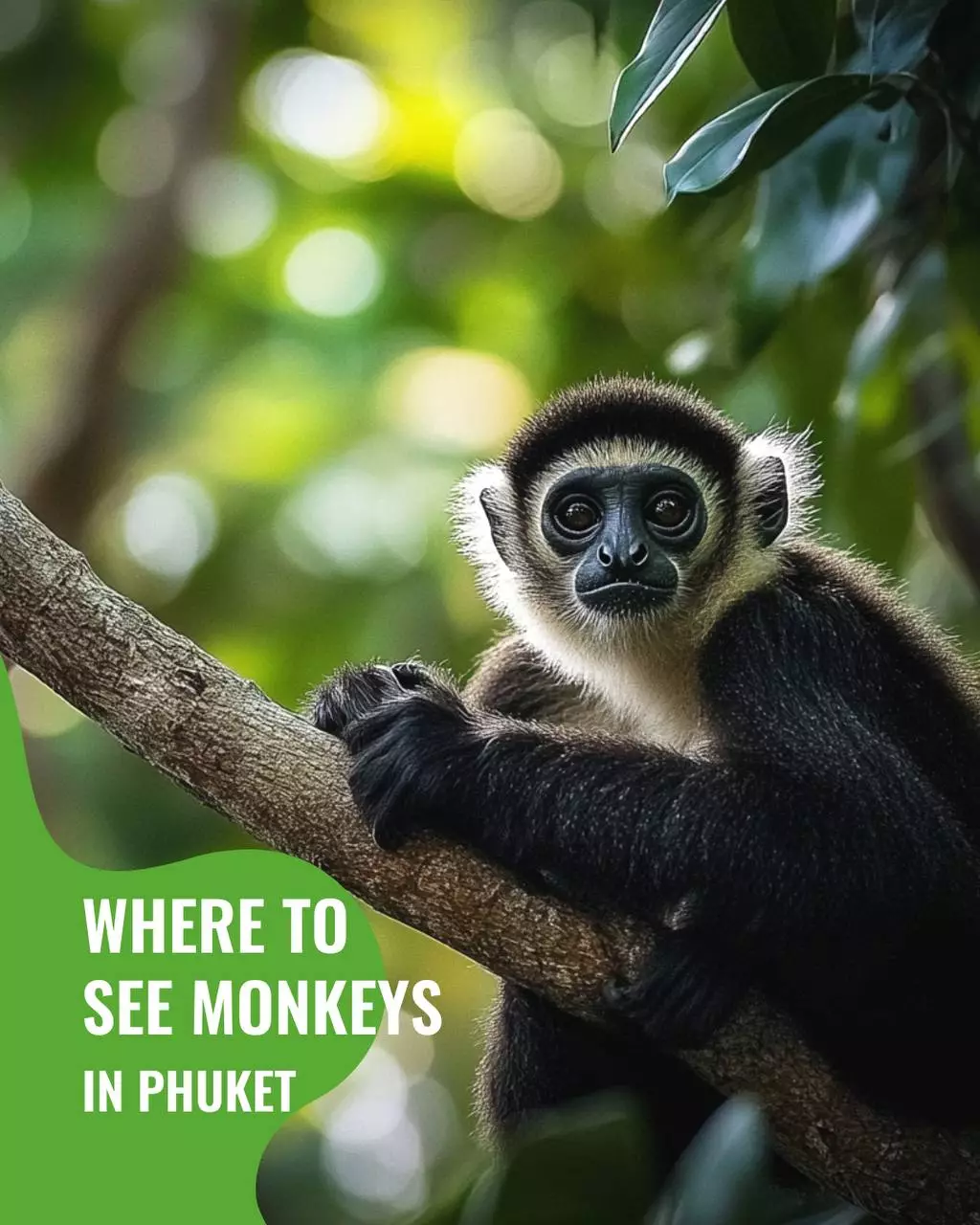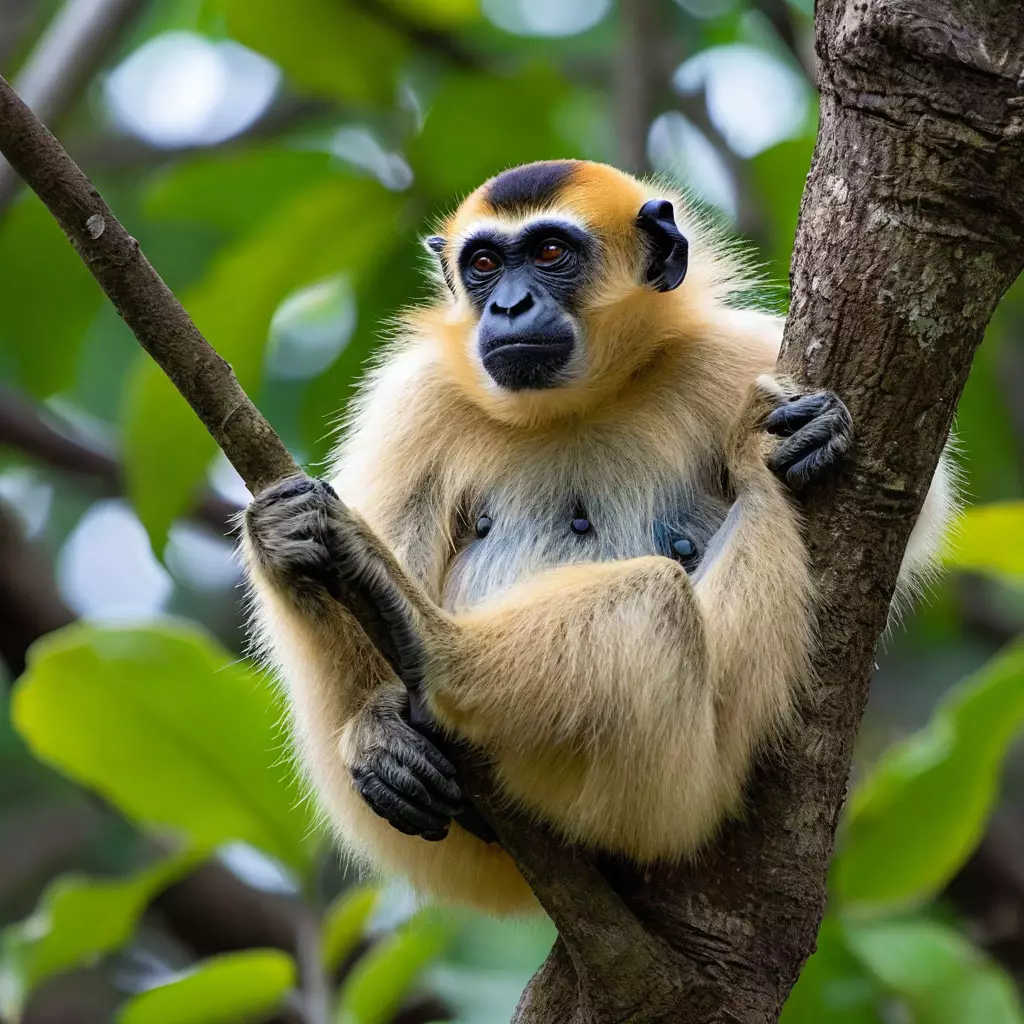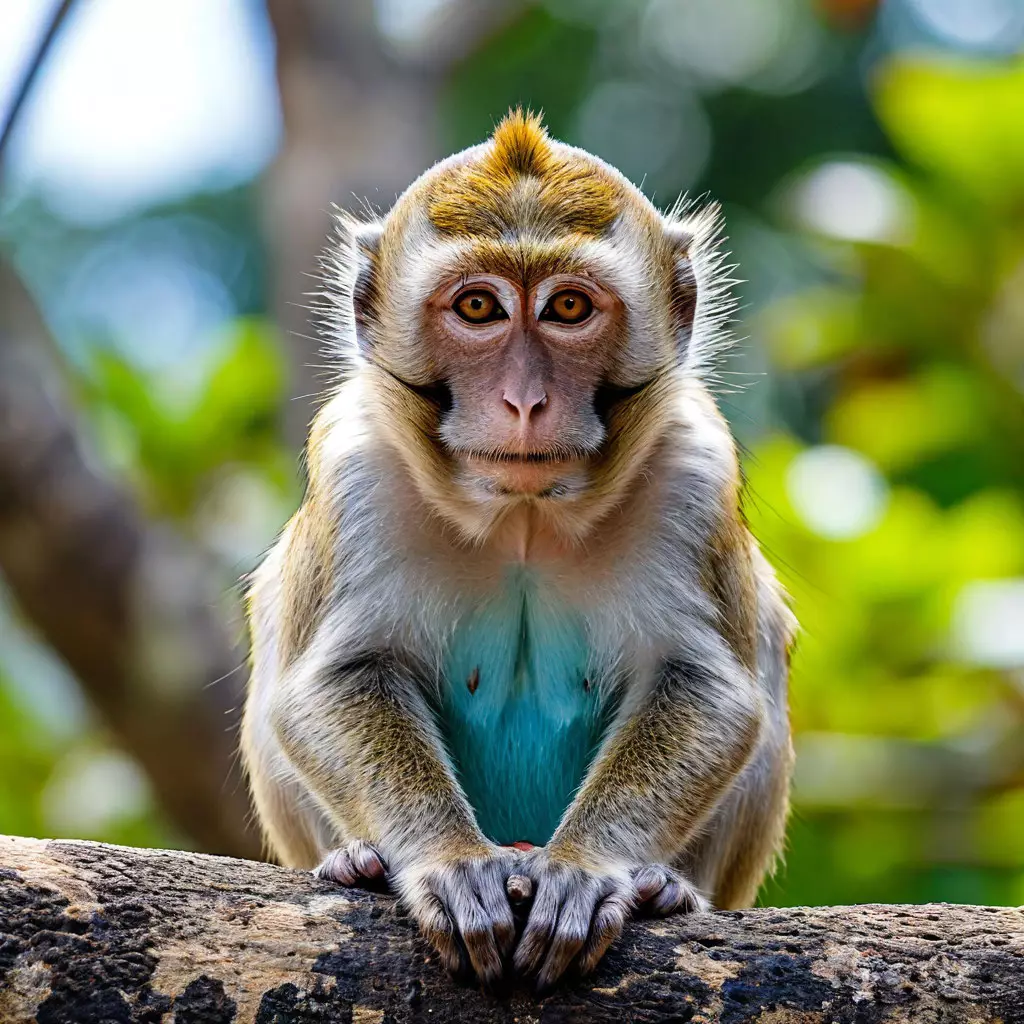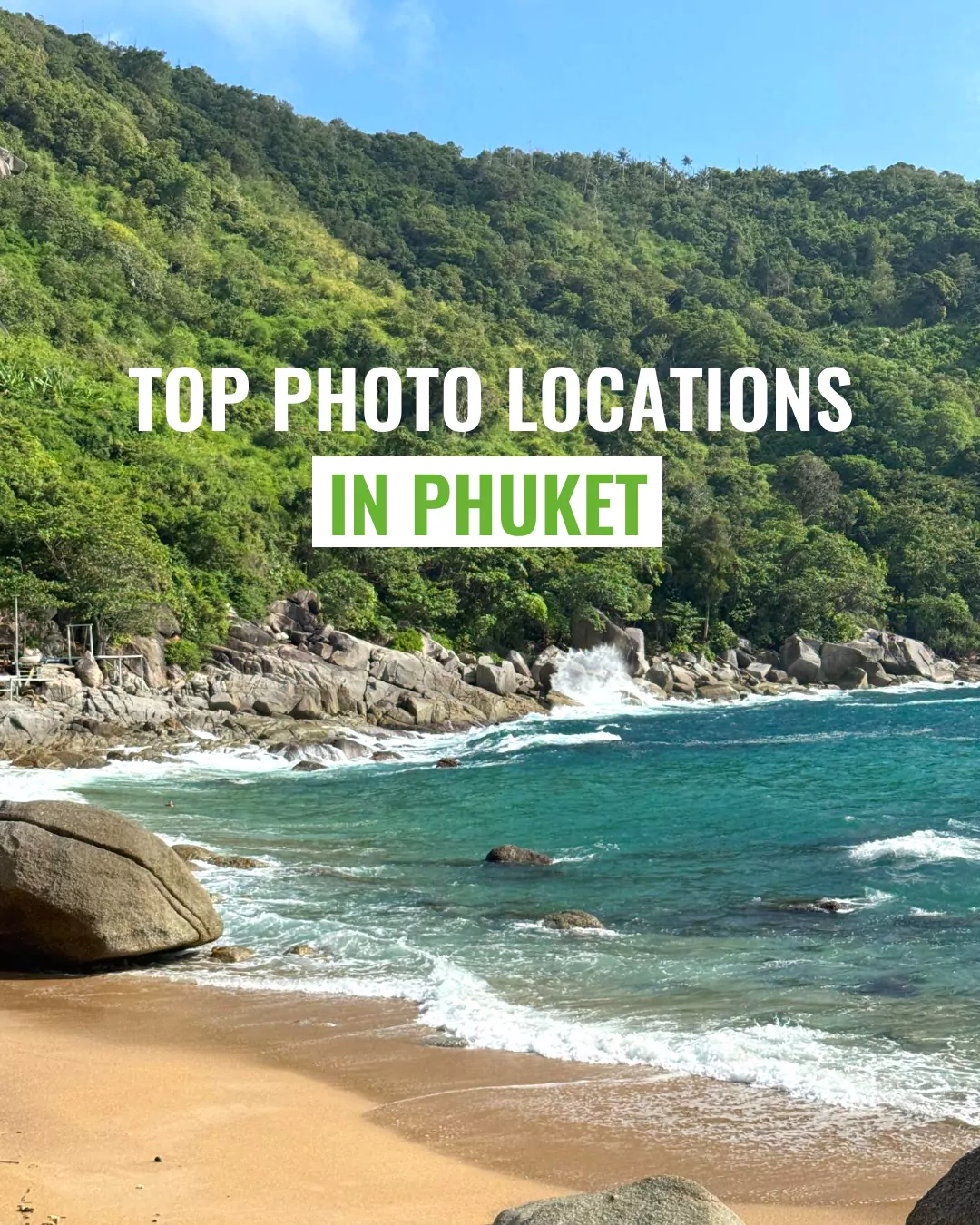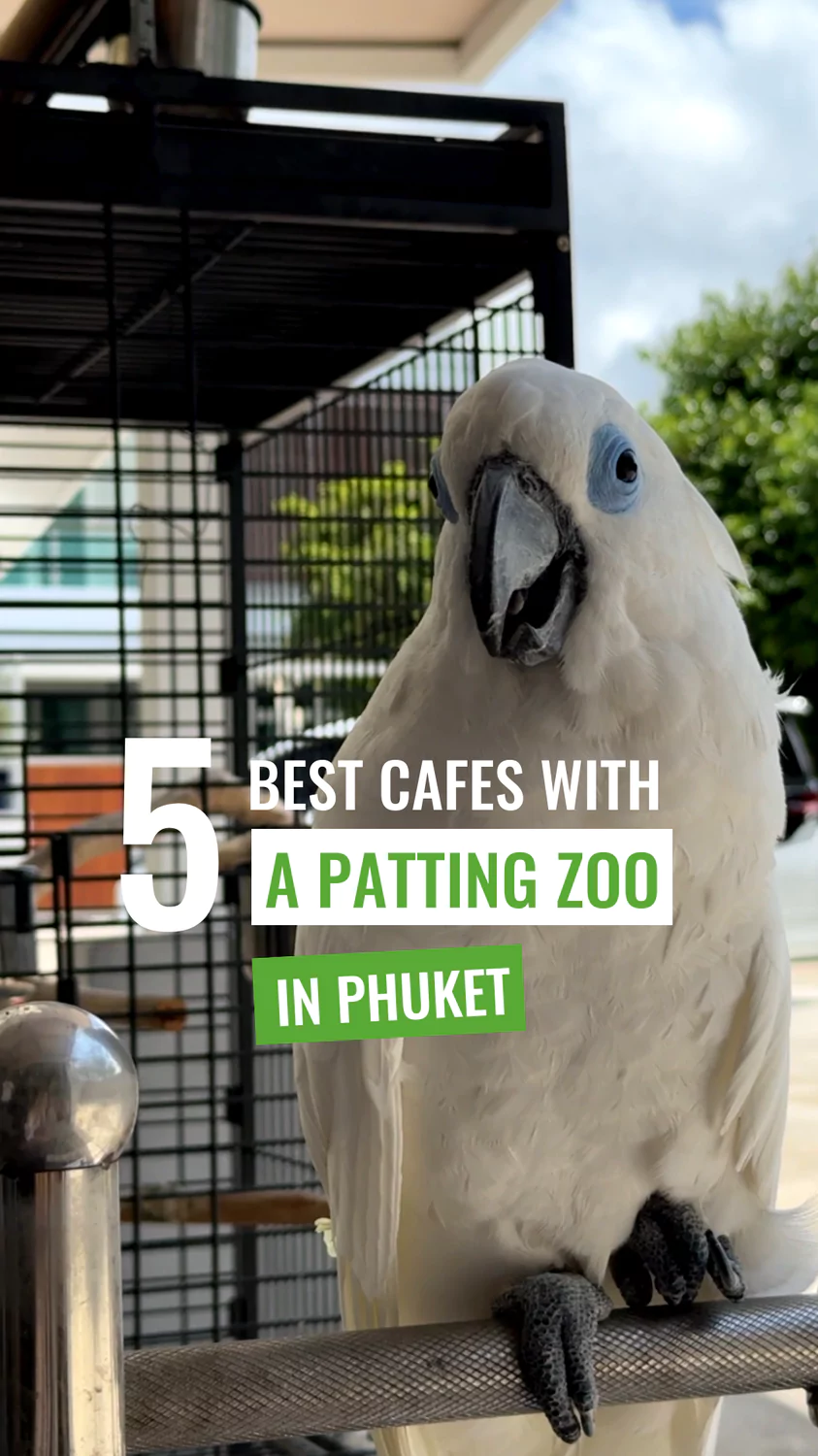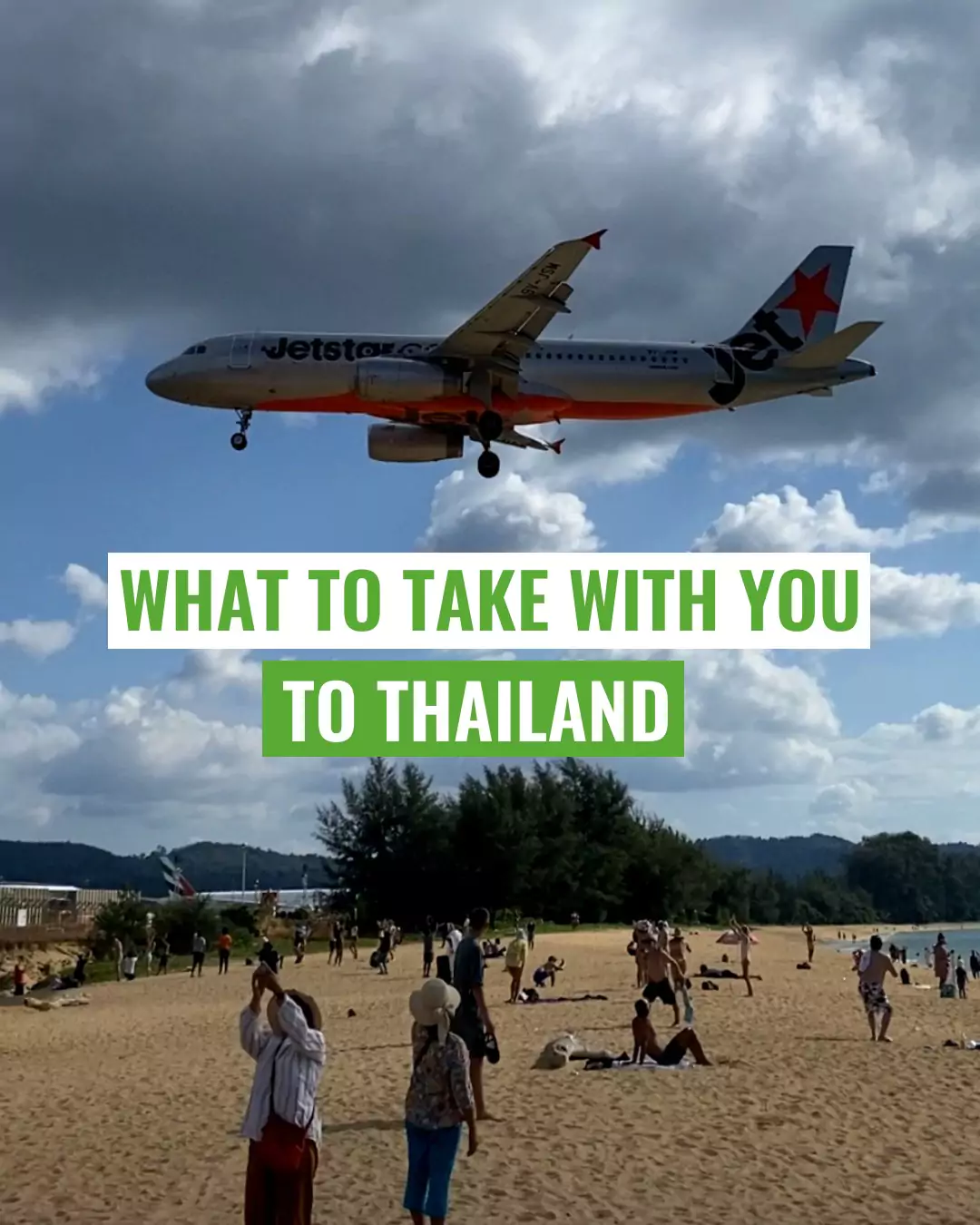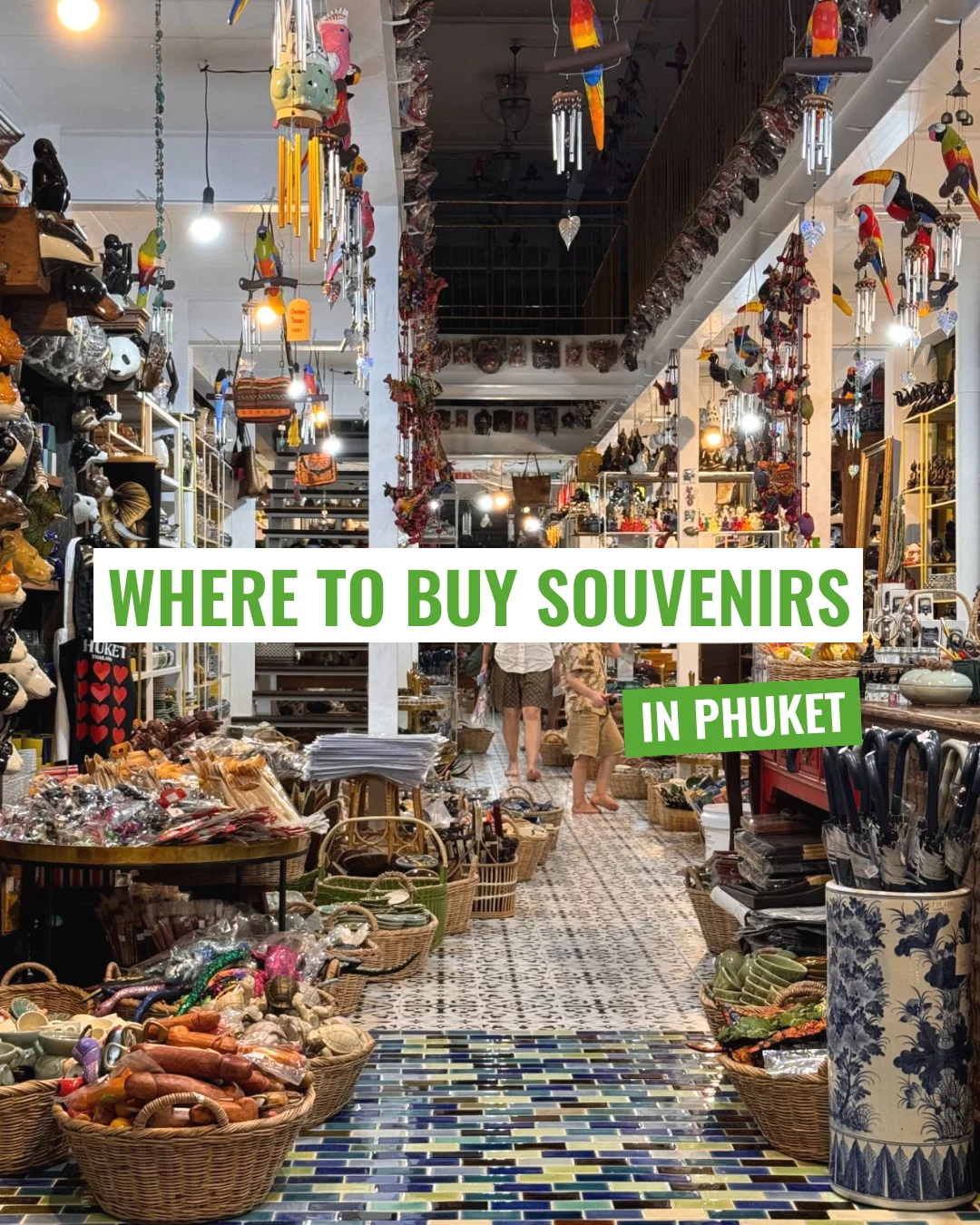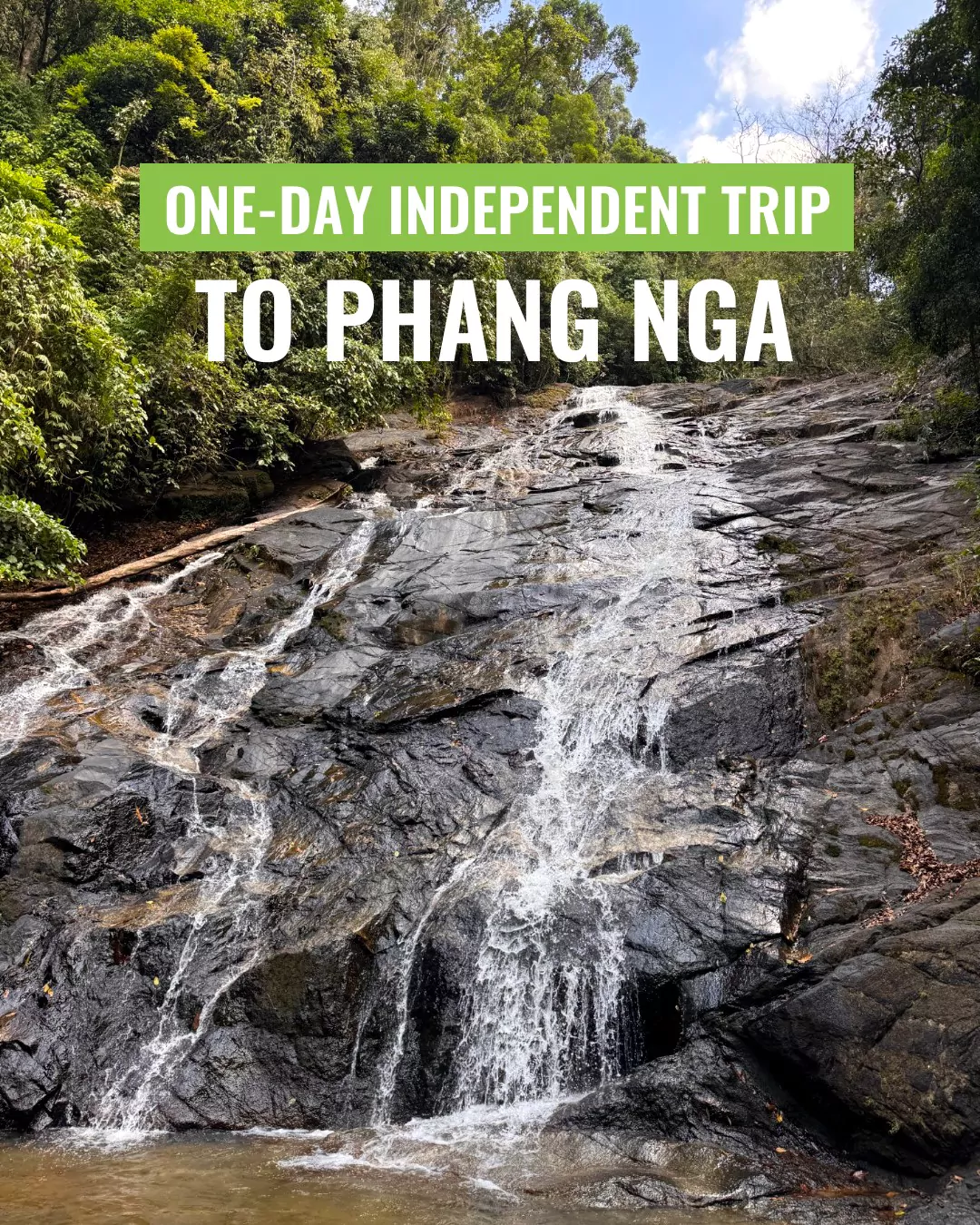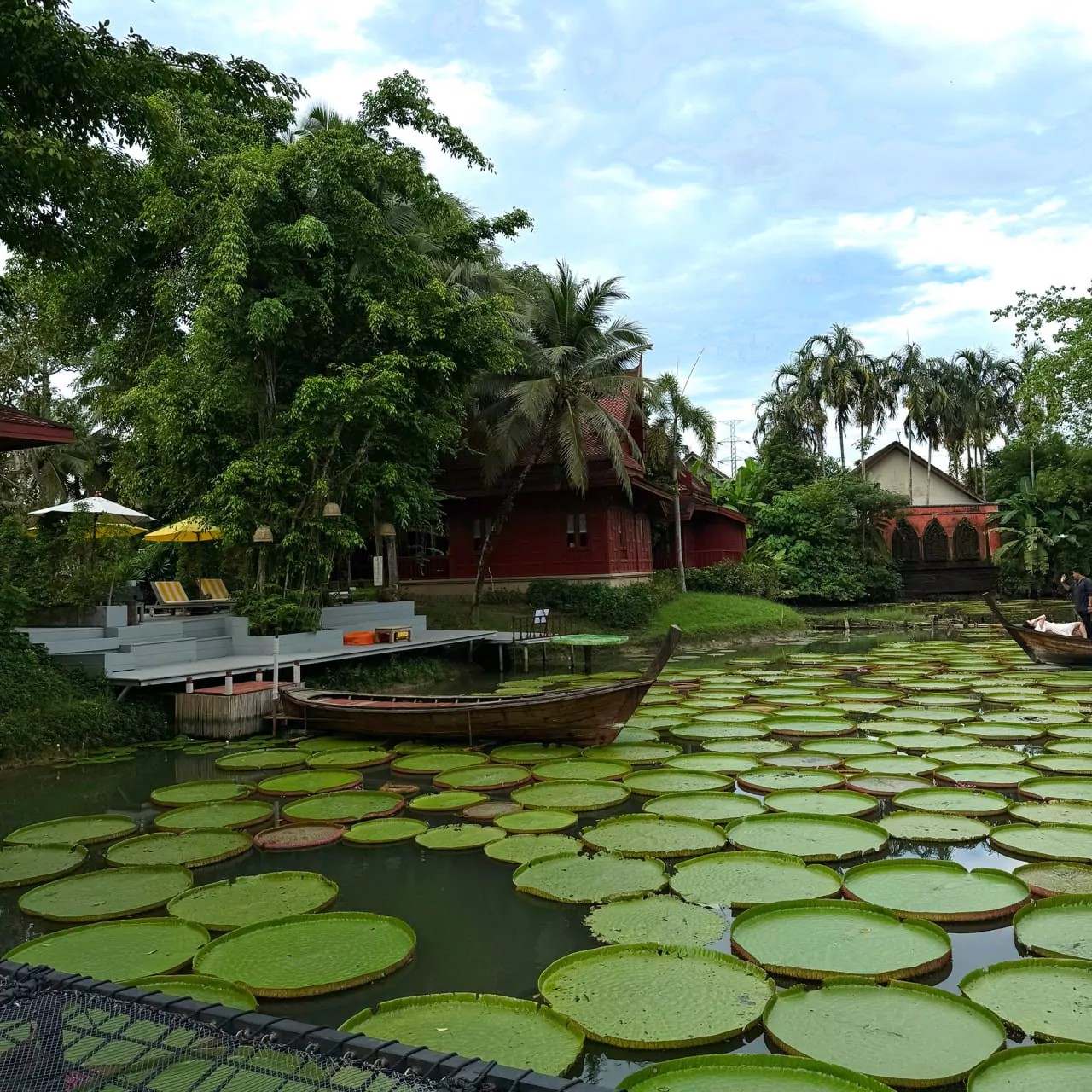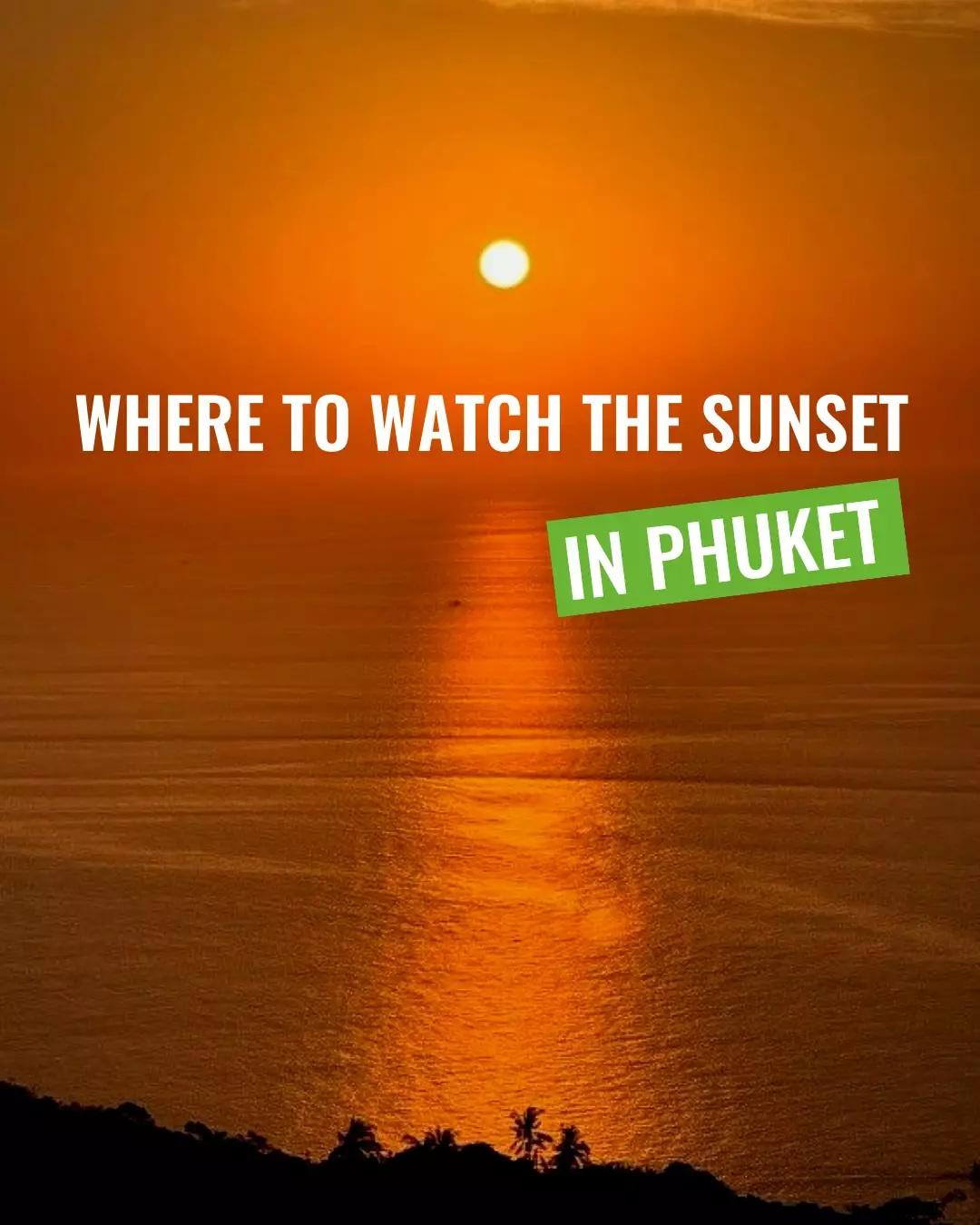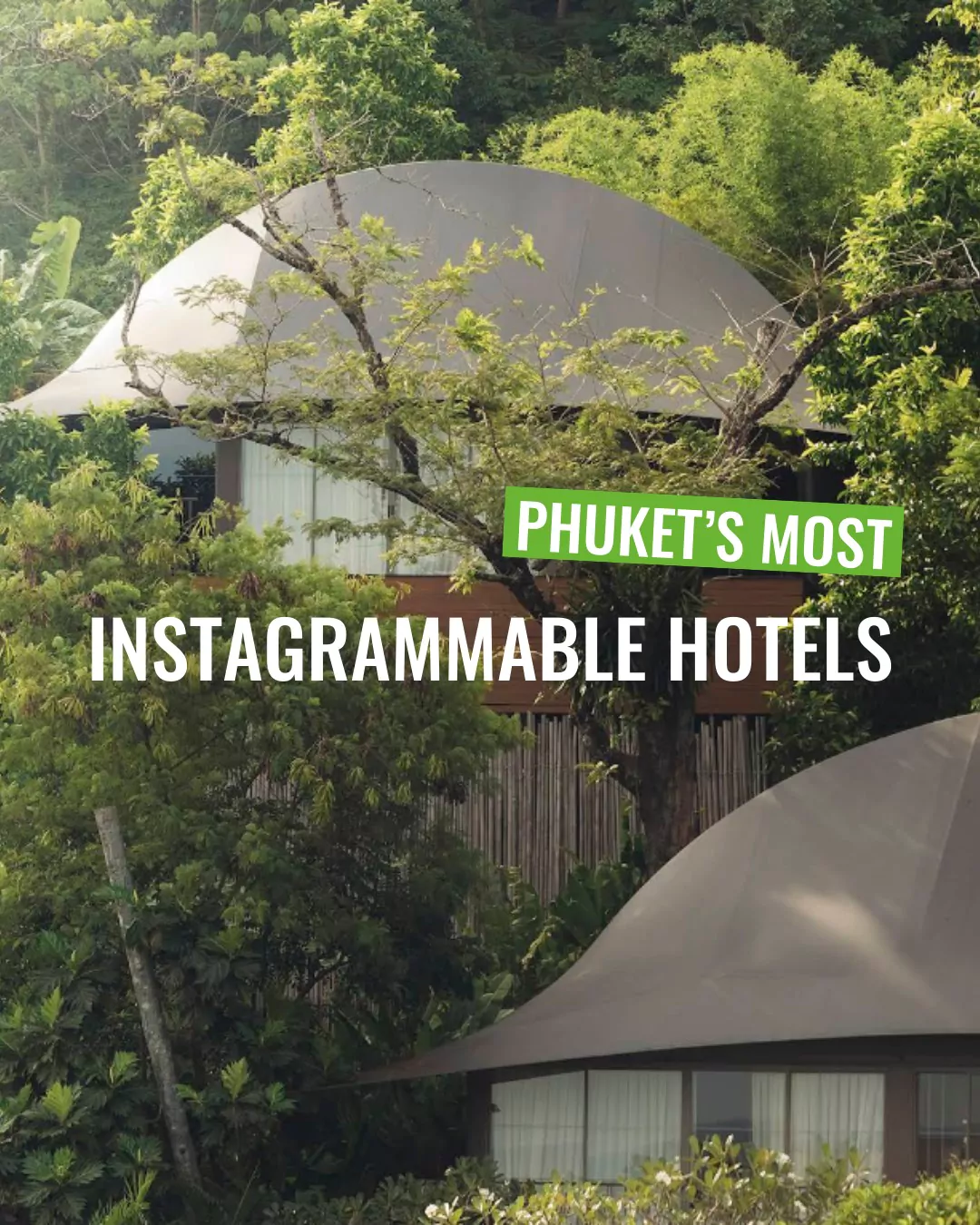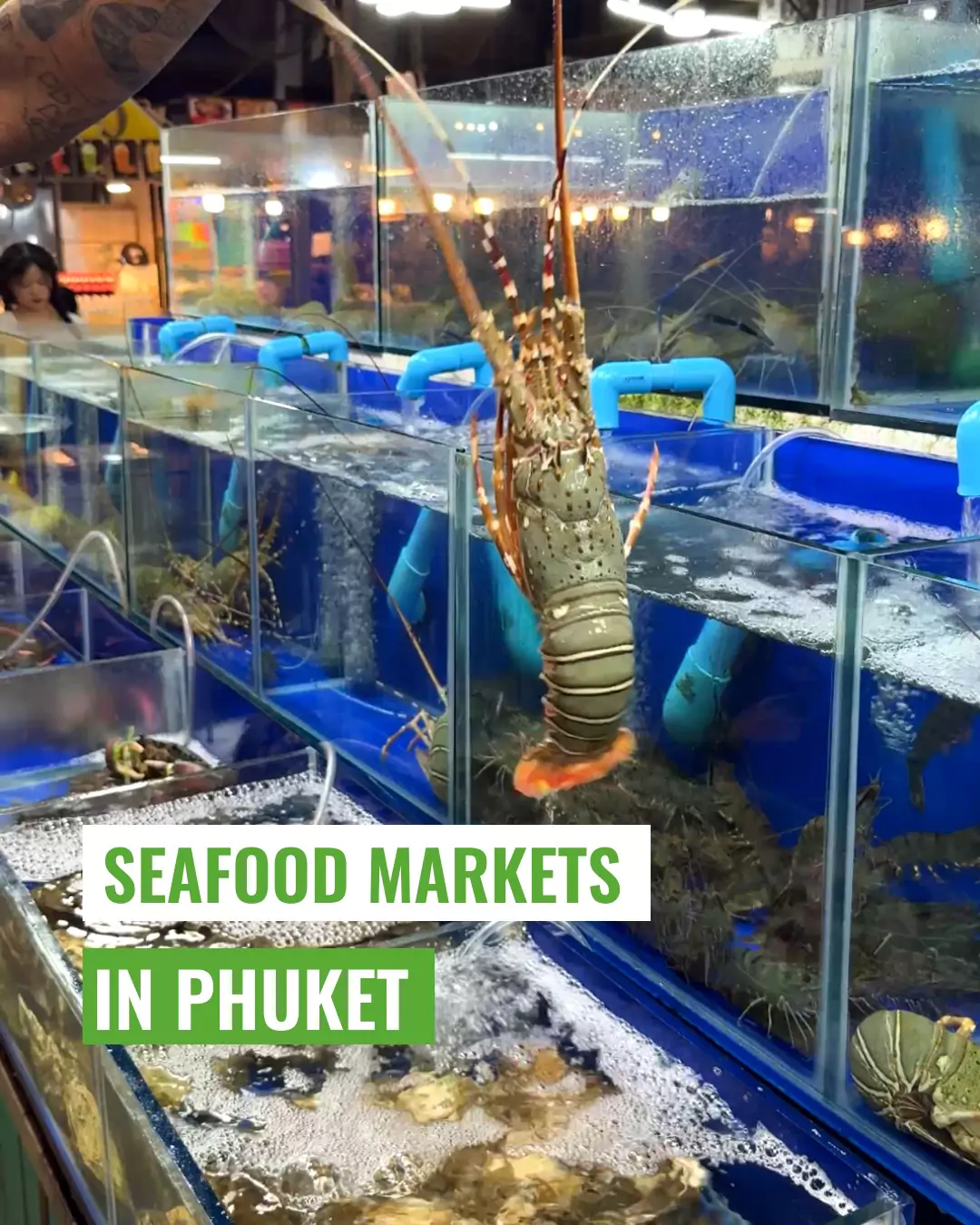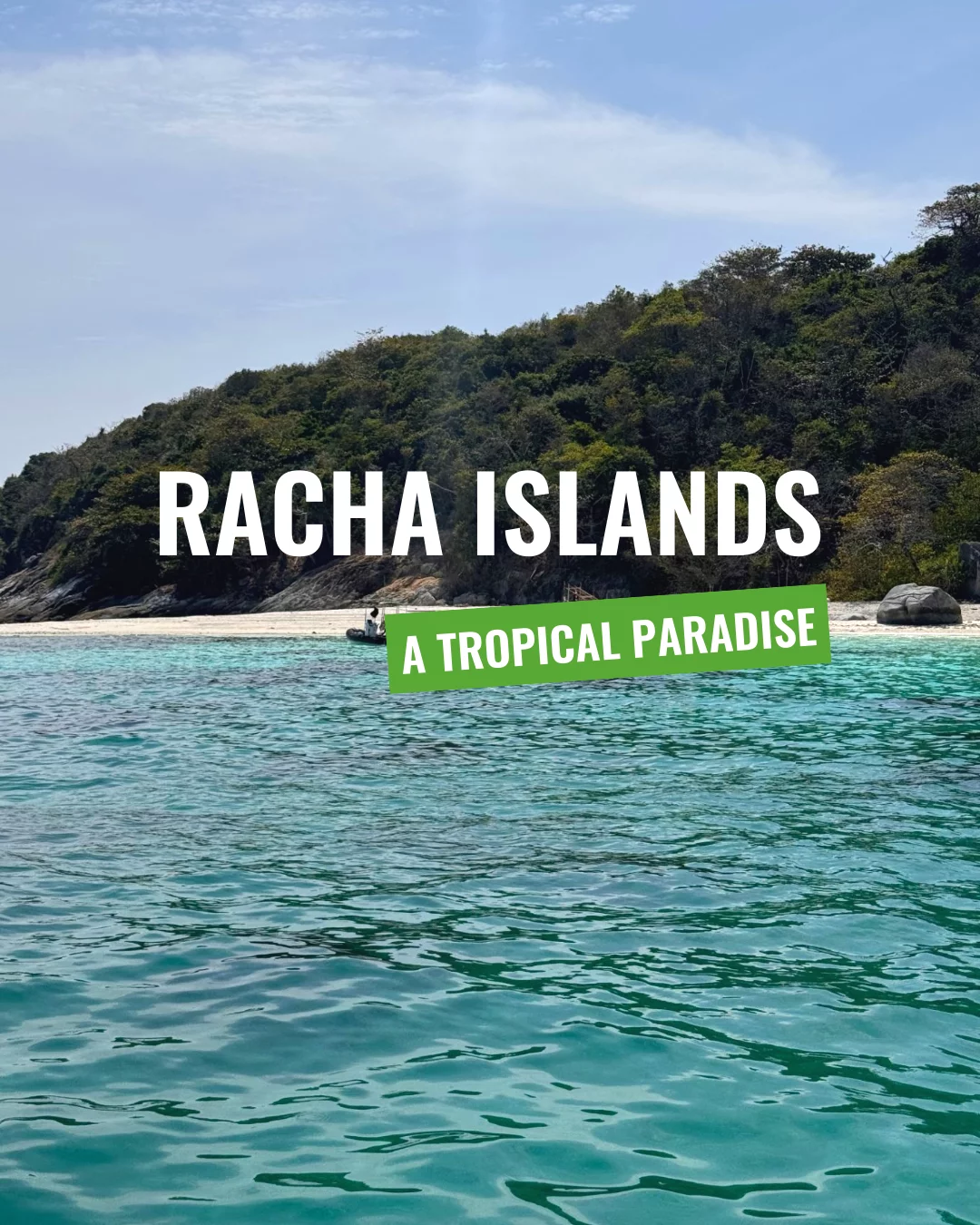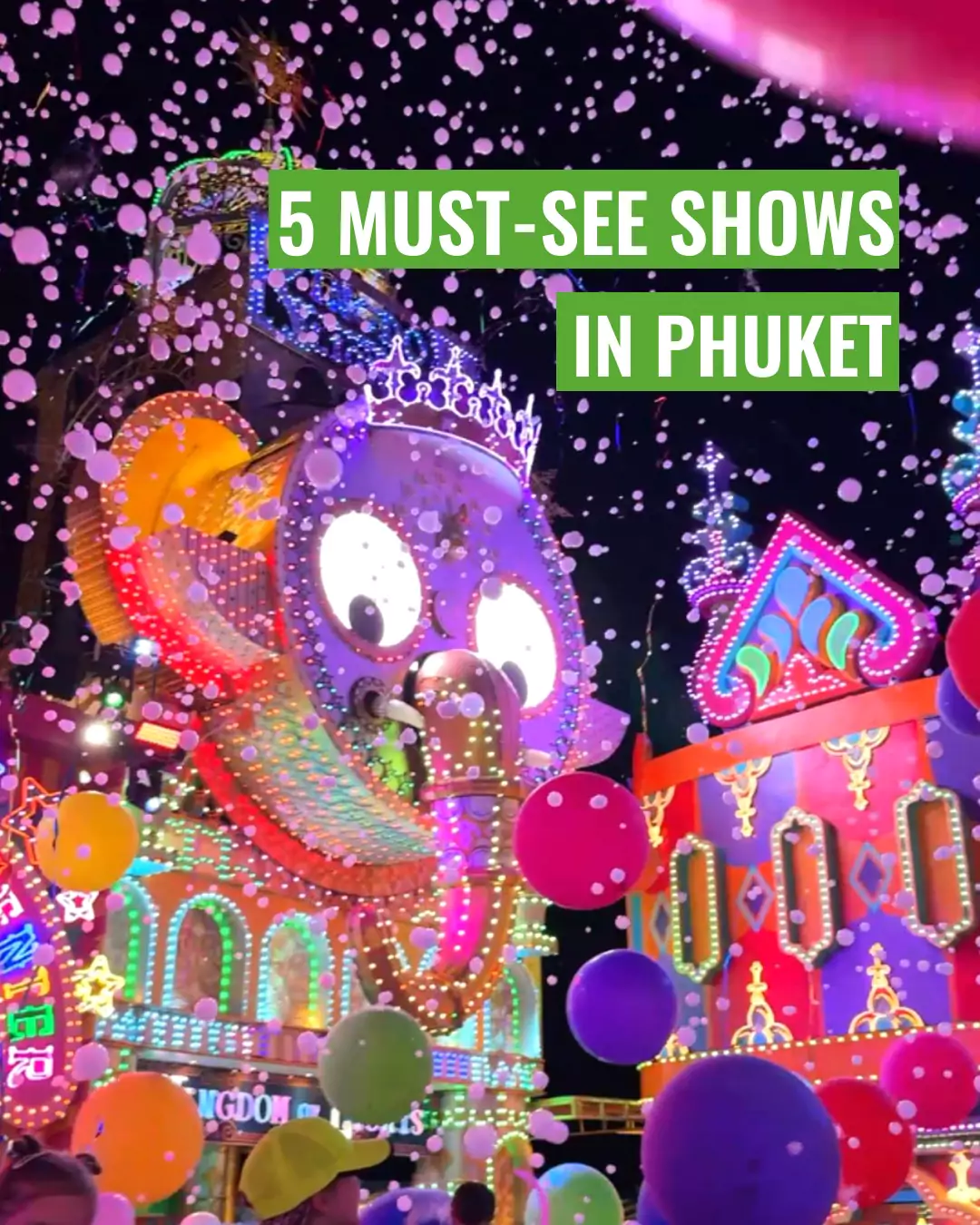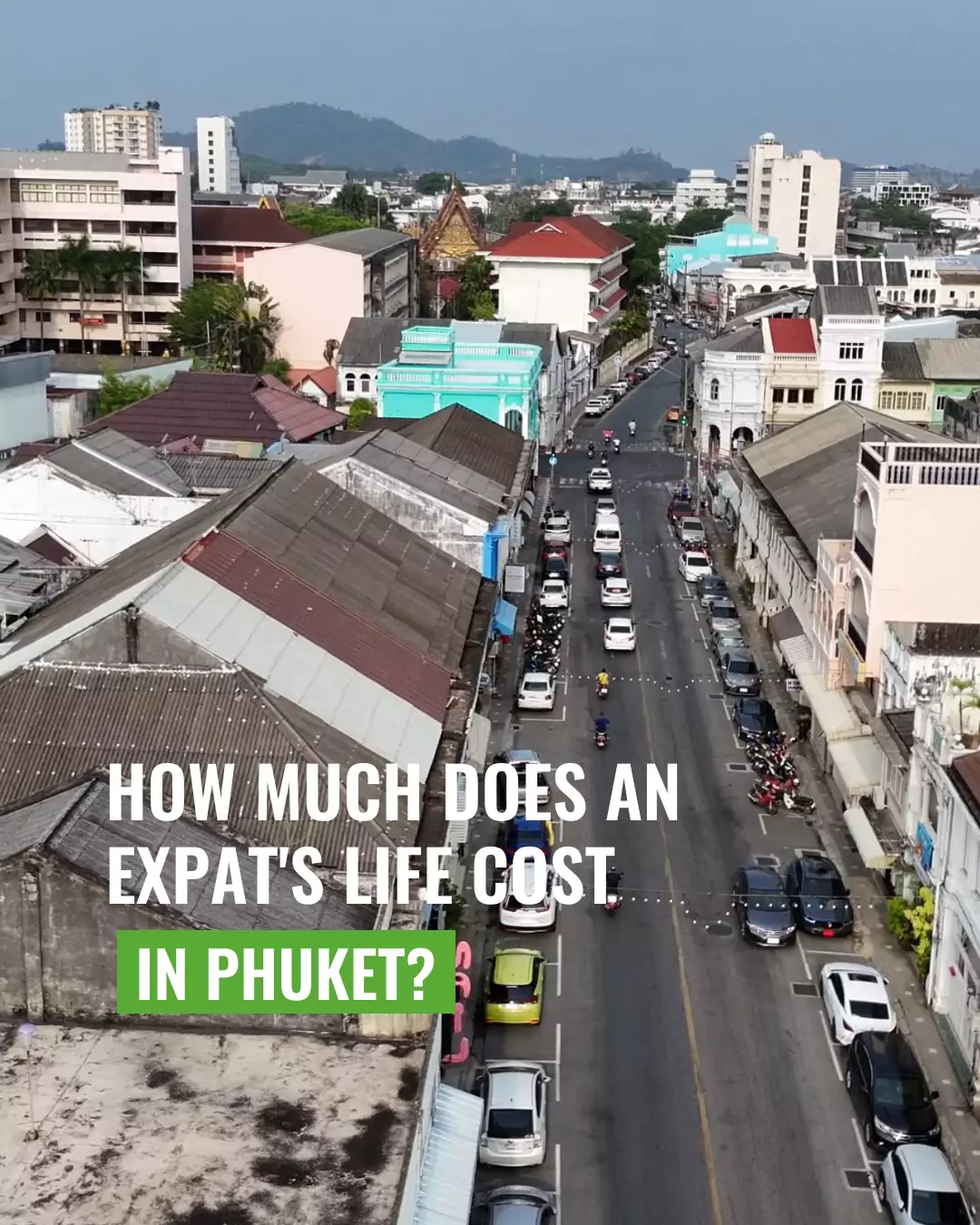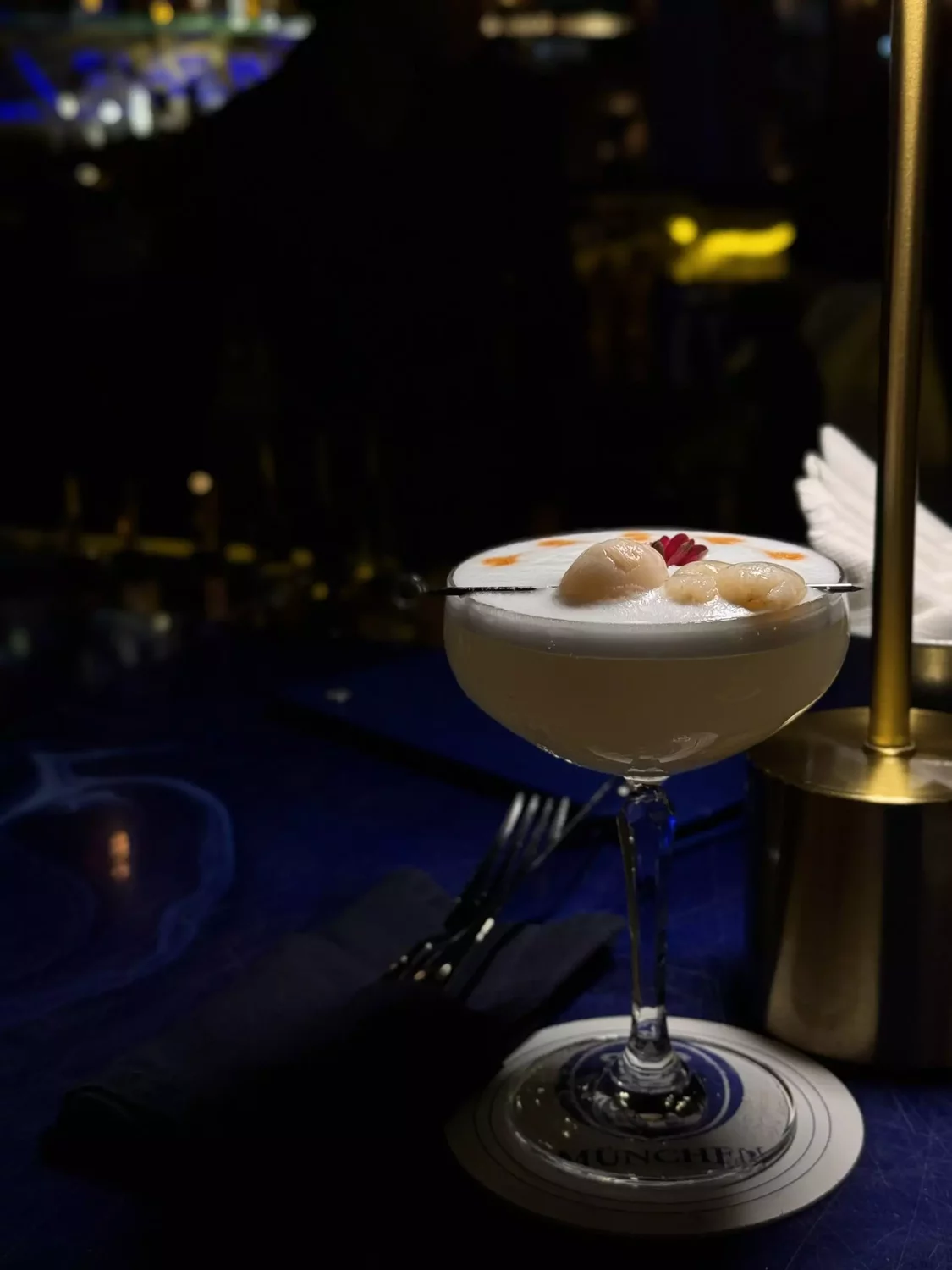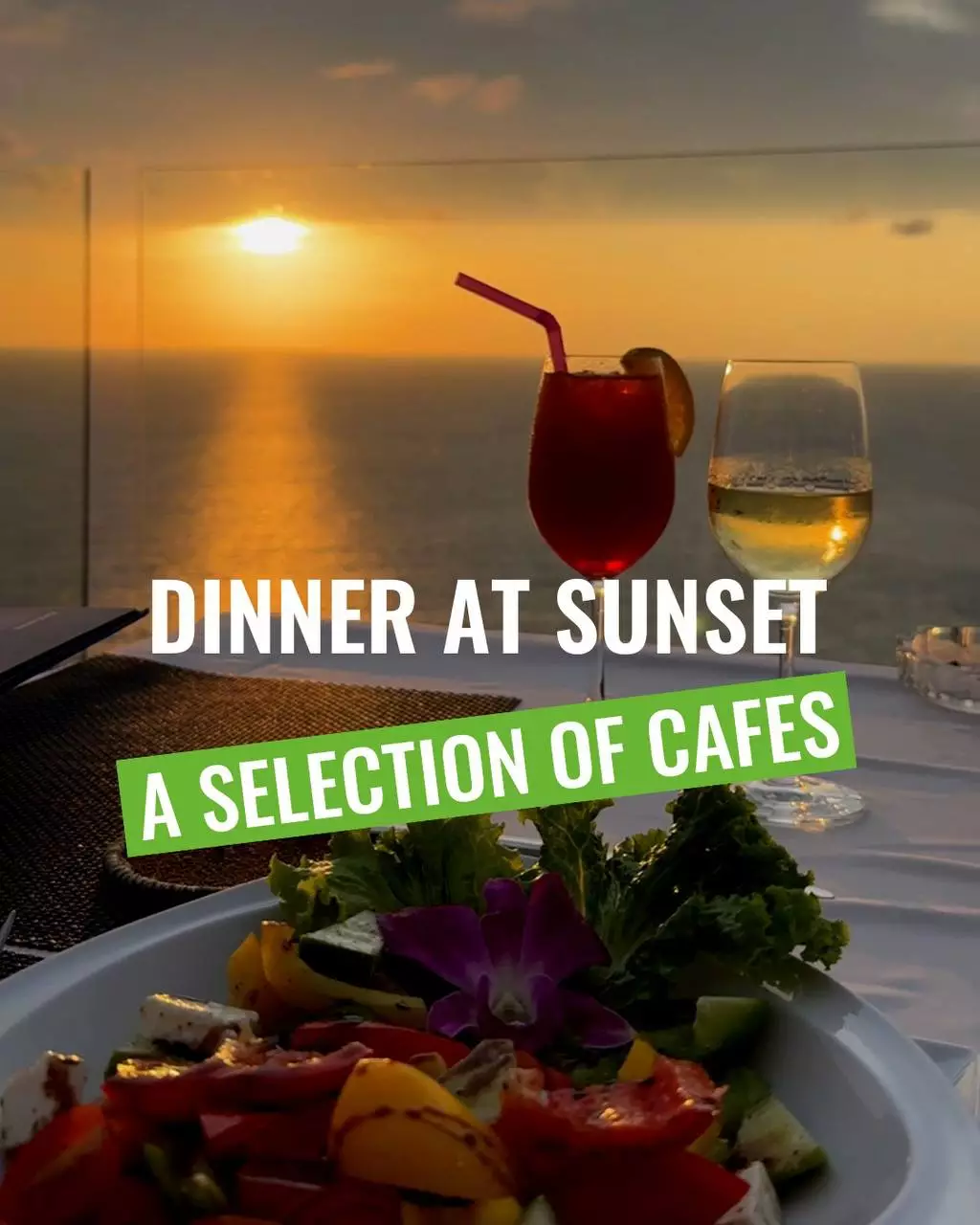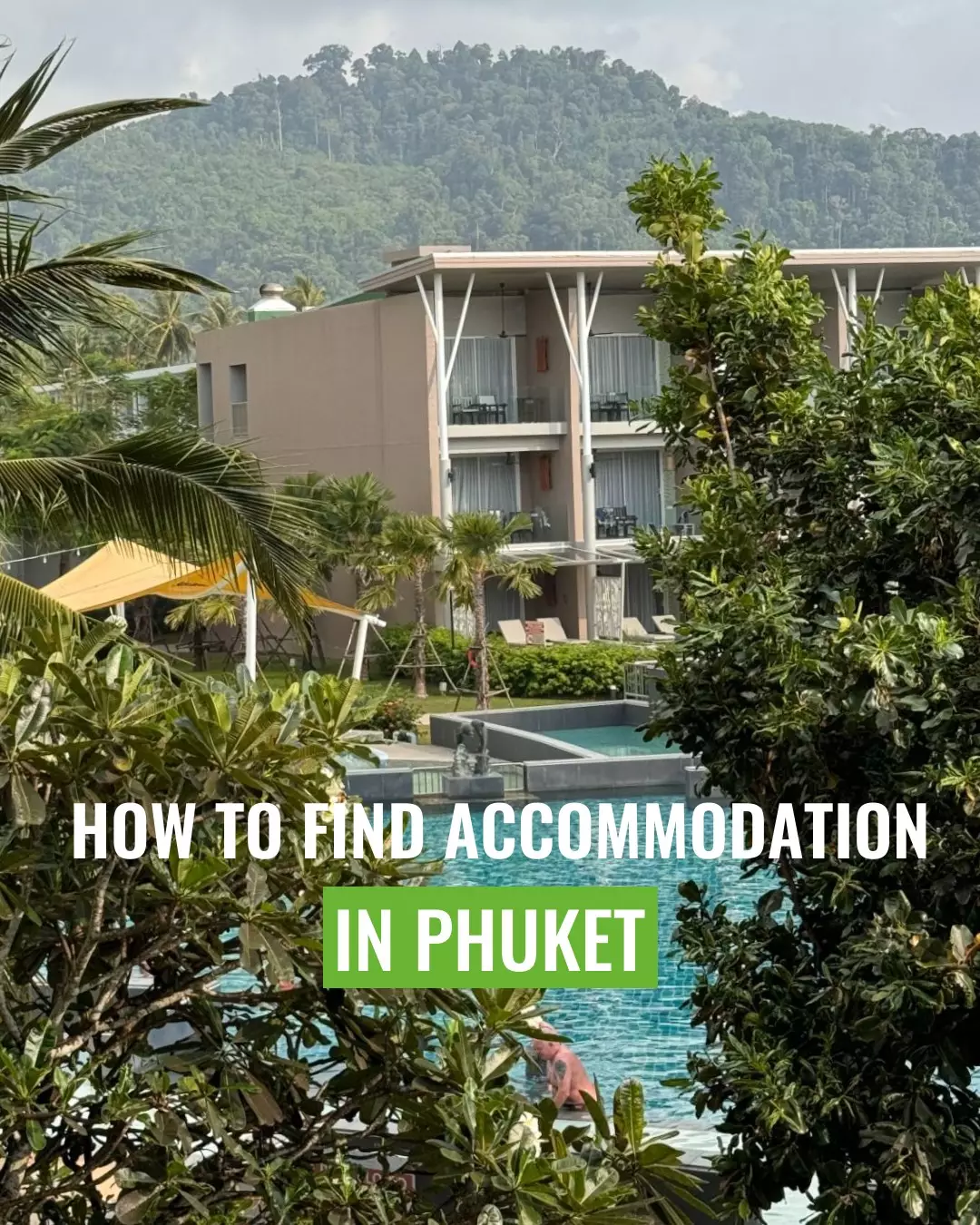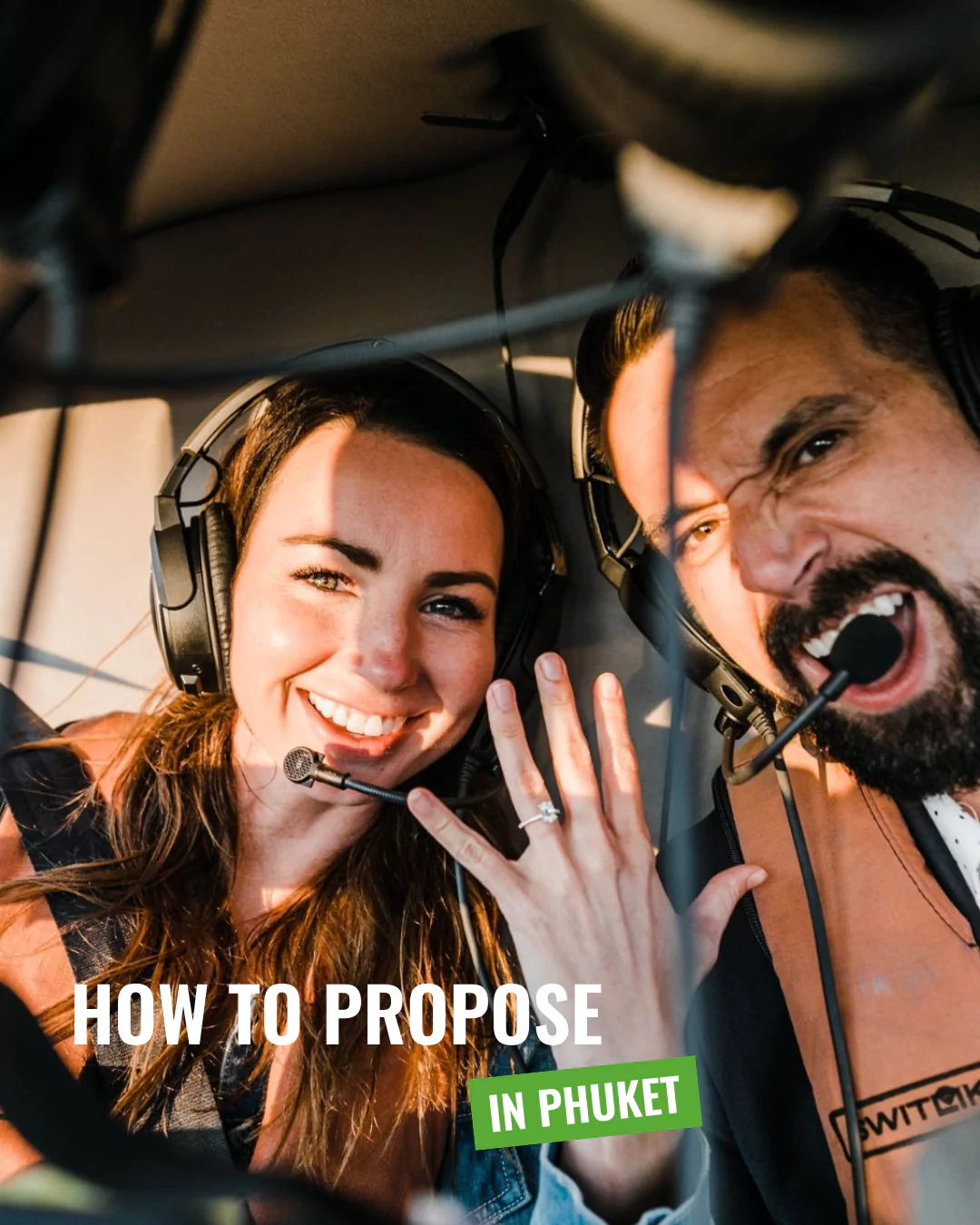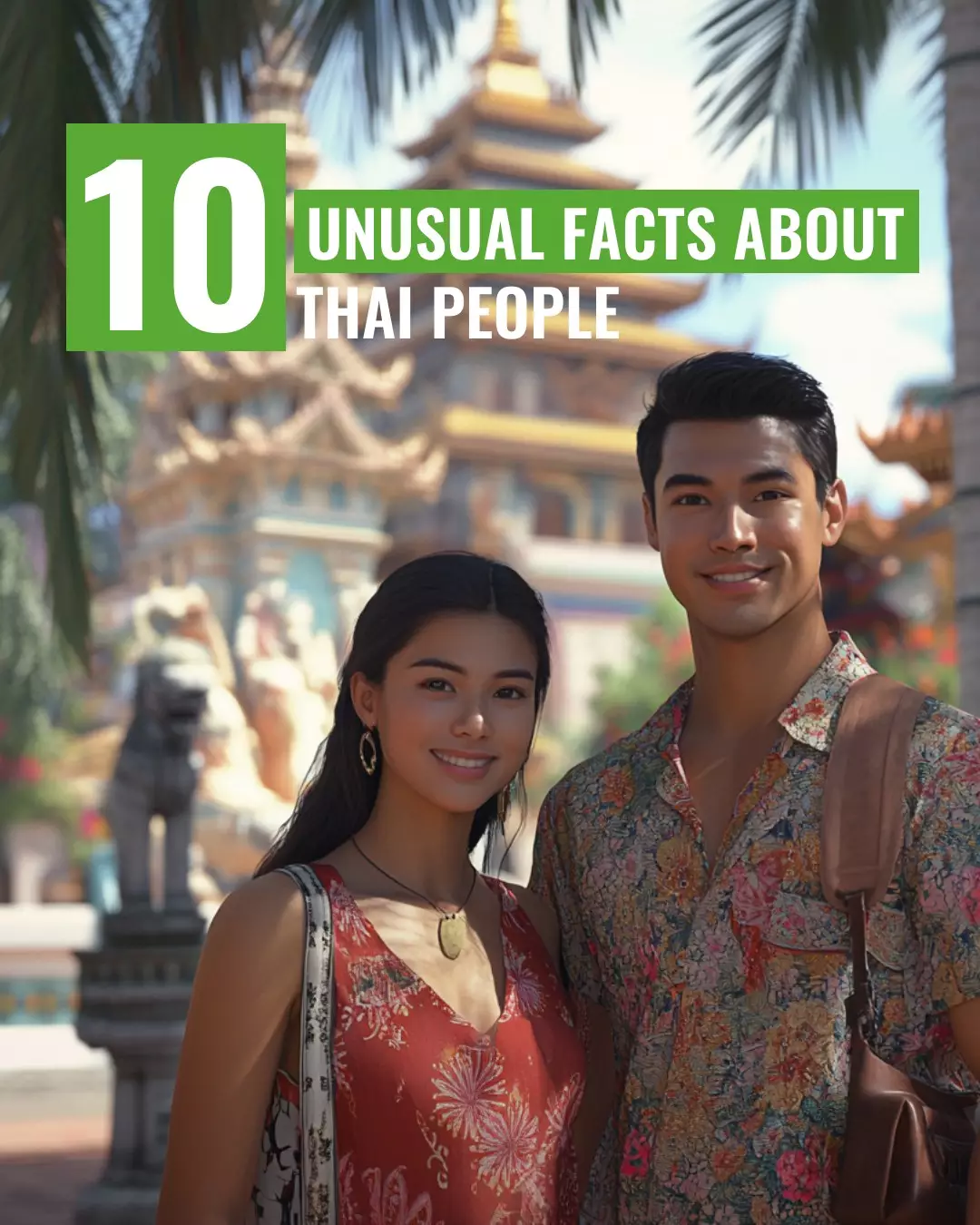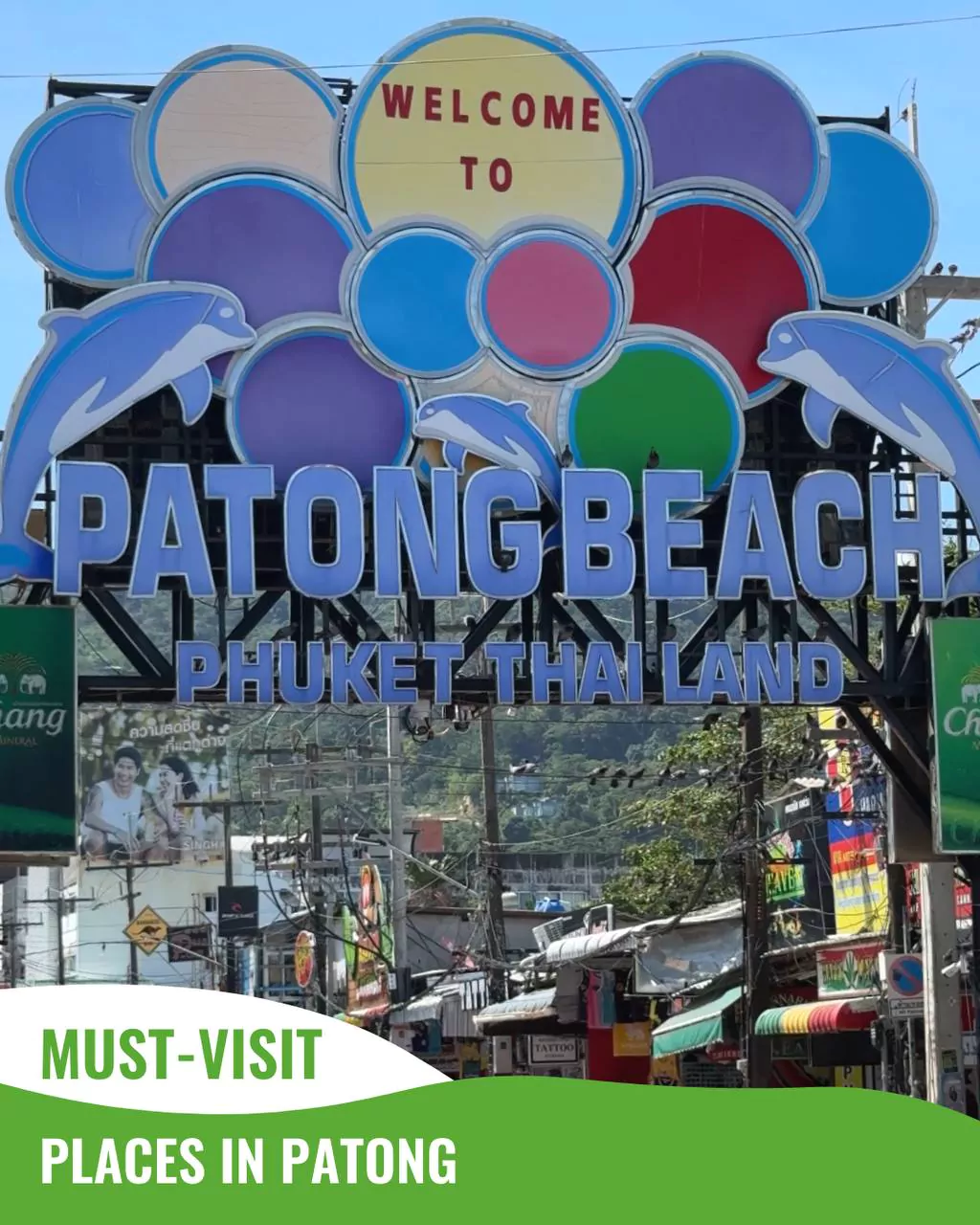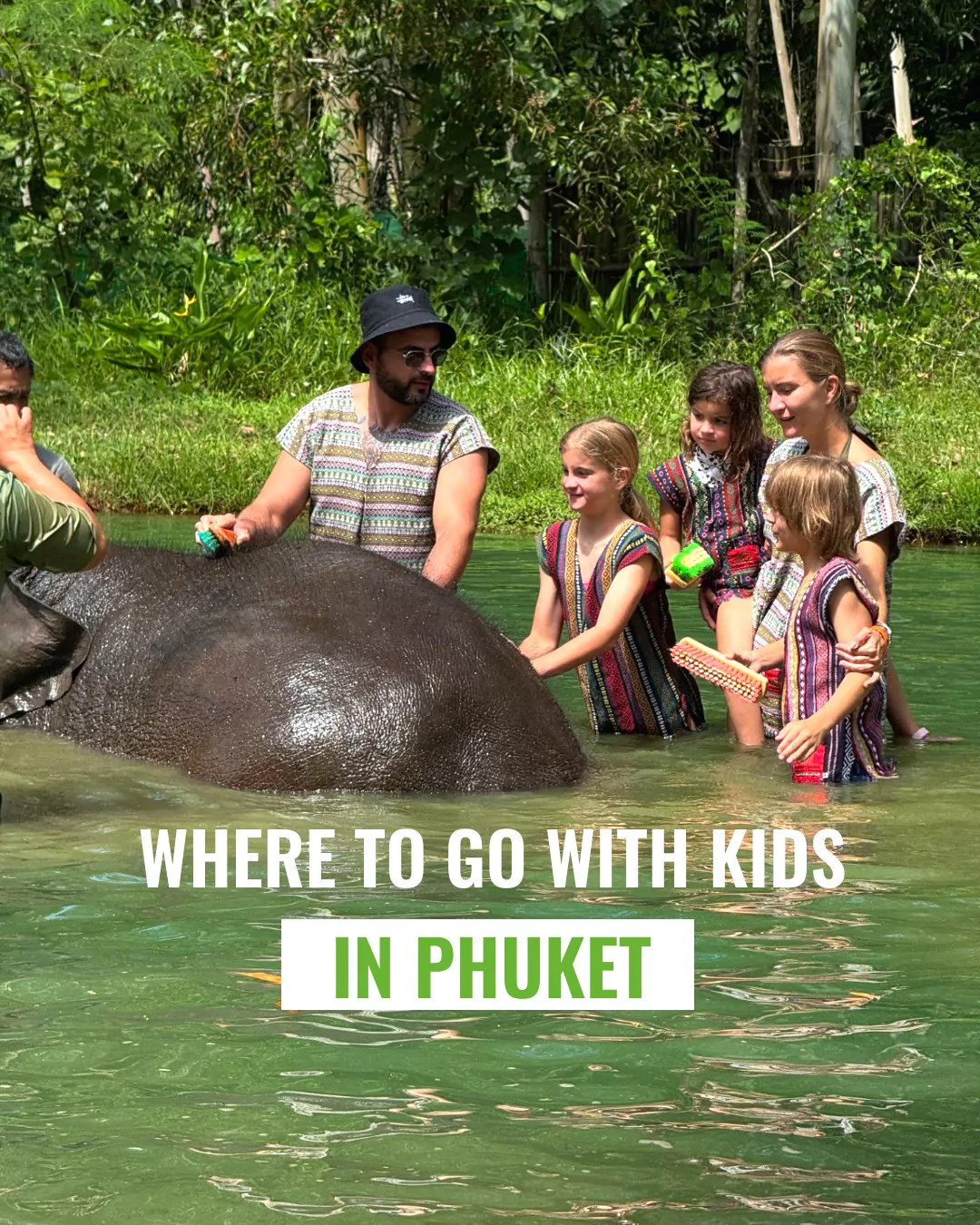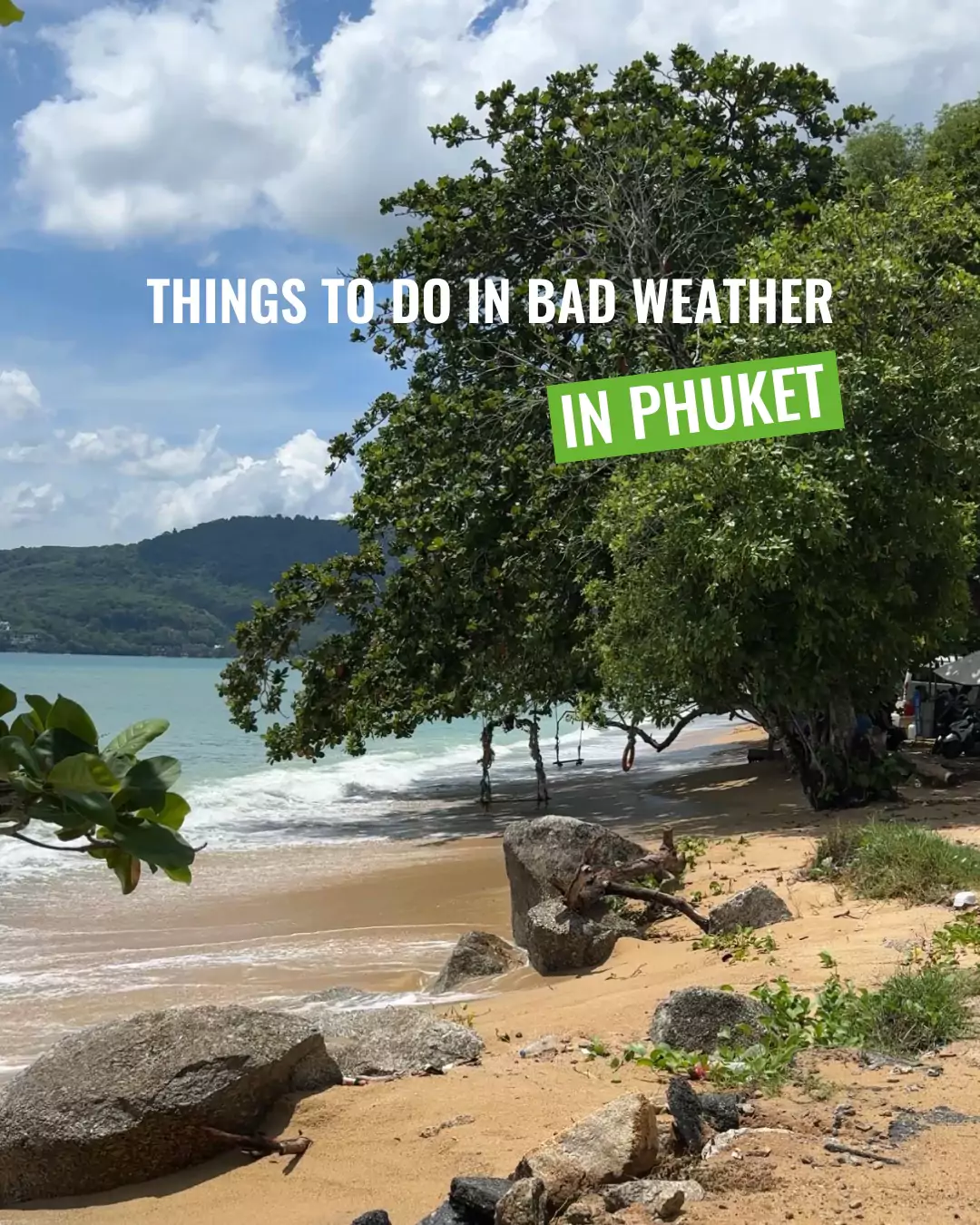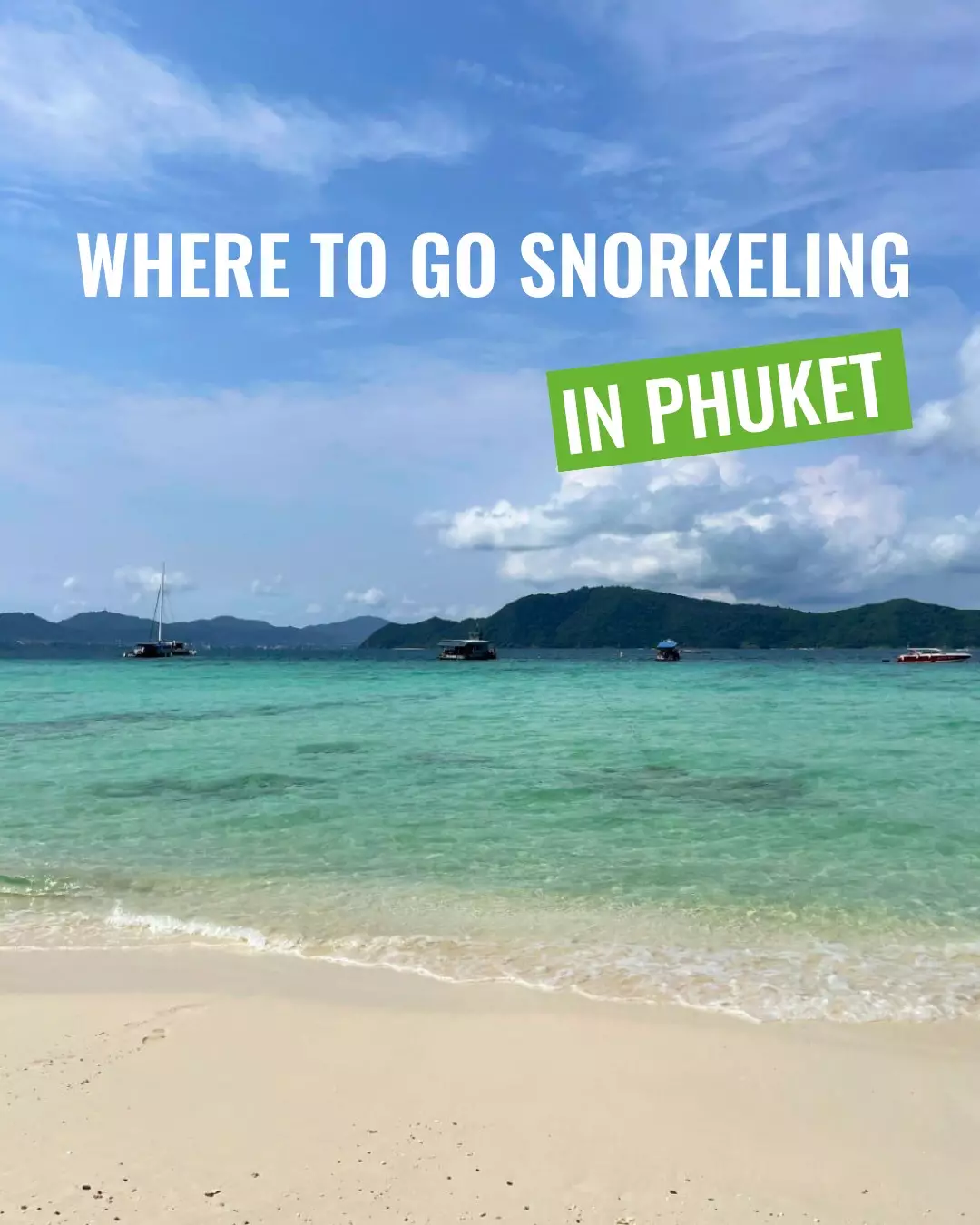Monkeys in Phuket
Funny, cute, but not always friendly — and sometimes even dangerous. This is about wild monkeys in Thailand, which live in Phuket. The most common species you’ll encounter here are macaques. And not just in the jungle — you can often see them in popular tourist spots and even on beaches. Here’s where monkeys live on the island and what precautions you should take when encountering them.
Monkey species in Phuket
Phuket is home to mainly gibbons and macaques. Locals call gibbons “lar” — they have beige and black fur with a white “mask” around their faces. These monkeys move gracefully through the trees and make distinctive hooting calls, which can often be heard from the jungle in the morning. Gibbons feed on a variety of fruits, leaves, stems, as well as insects, bird eggs, and small vertebrates. Unfortunately, their population in the wild has drastically declined in Phuket. Due to illegal hunting and habitat loss, gibbons are now an endangered species.
Macaques, on the other hand, are found all over Phuket. They are small in size, with gray or gray-brown fur, and their diet includes bananas and nuts. In Krabi and Phang Nga, they also hunt for marine crabs, mussels, and various shellfish.
Where to see monkeys in Phuket
Gibbon Rehabilitation Center
Founded in 1992, this center aims to rehabilitate and protect gibbons that have suffered from illegal trade, poaching, and habitat loss. Located in Khao Phra Theaw National Park, it provides gibbons with a natural environment where they receive medical care, training, and socialization.
Monkey Hill
Located in Phuket Town, Monkey Hill is completely taken over by monkeys! It attracts more visitors than a zoo since it allows tourists to observe monkeys in their natural habitat.
Monkey Parking
A mangrove forest on the outskirts of Phuket Town where you can watch monkeys in their natural environment. It’s a lesser-known spot among tourists, though there are still plenty of monkeys here. These are mangrove monkeys, which are said to be less aggressive but still very cunning. You can buy treats for them from stalls nearby. Interestingly, they seem to prefer nuts over bananas.
Monkey Beach on Phi Phi
This beach gets its name for a reason — it’s home to long-tailed macaques. Nestled in a small bay surrounded by towering cliffs and lush tropical vegetation, this wild beach is ruled by monkeys, not people. There are indeed a lot of them on the island.
Sirinat National Park
Located in northern Phuket, this large park is home to various wildlife species, including monkeys.
Monkeys can also be seen on various tours near Phuket: in Khao Lak National Park, Khao Sok National Park, Phang Nga, Krabi, and other locations. Look for them in the Excursions section.
Temple Areas
Wild monkeys are often found near temple complexes, especially around the Big Buddha and Wat Chalong.
How to Behave Around Monkeys
Interacting with wild monkeys is an interesting experience, but not always a safe one. There have been numerous cases where monkeys have bitten tourists. They can be especially aggressive if they have babies — so be on alert when encountering such individuals. A monkey bite can have unpleasant consequences, to say the least — you’ll likely need to get several rabies shots. That’s why interacting with wild monkeys requires caution and respect. Here are a few recommendations:
- Do not feed the monkeys. This disrupts their natural habits and makes them dependent on humans, reducing their ability to find food on their own.
- Do not get too close. Monkeys are wild animals, and even if they seem friendly, they can suddenly become aggressive and bite. A monkey bite requires a rabies vaccination.
- Avoid direct contact. Never try to pet or hold a monkey. Some may see this as a threat or an attempt to take over their territory, leading to an attack.
- Stay calm. If a monkey approaches you, do not scream or make sudden movements. Try to remain calm and avoid showing fear.
- Watch out for aggressive monkeys. Monkeys may become aggressive, especially when protecting their young or if there is food nearby. If a monkey bares its teeth or growls, slowly move away.
- Do not carry food. Monkeys might try to snatch it from you, and in some cases, they may even attack.
What to do if you get bitten by a monkey:
● Immediately clean the wound: not just rinse it, but wash thoroughly with soap and plenty of running water for at least 15 minutes.
● Treat the wound with an antiseptic (such as chlorhexidine, miramistin, hydrogen peroxide, or iodine).
● Seek medical help right away. Go to the nearest hospital or clinic. You can find a list of all Phuket hospitals here. If you are not fully vaccinated against rabies, you’ll need a course of 4–5 shots. If you’ve been previously vaccinated, the course is usually shorter (typically 2 doses).
How Tourism Affects the Monkey Population in Phuket
Tourism has a significant impact on monkey populations — both positive and negative. Key aspects include:
● Population Growth: Tourists often feed monkeys (especially at places like Monkey Hill), which leads to an increase in their numbers due to an easily accessible food source.
● Reduced Natural Selection: Monkeys don’t need to forage in the wild, which can weaken their natural behavioral instincts.
● Aggressiveness: Frequent interaction with humans makes monkeys more aggressive and persistent. They may steal food or belongings from tourists.
● Loss of Fear of Humans: This can lead to conflicts and even attacks.
● Disease Transmission: Zoonotic diseases (transmissible between animals and humans), such as herpes B or parasites, can spread.
● Garbage and Poor-Quality Food: Monkeys may eat trash, sweets, chips, and other human foods that are harmful to their health.
● Impact on Ecosystems and Habitat Degradation: Large gatherings of tourists and monkeys can trample vegetation and pollute the area.
● Changes in Ecosystem Dynamics: An increase in monkey numbers can affect other animals and disrupt the natural balance.
To prevent negative outcomes, authorities and conservation organizations have implemented feeding bans and installed informational signage. Some areas have been designated as protected zones with limited tourist access.
Phuket is home to many other exotic animals as well. Check out the Zoo Parks and Elephants sections to explore more options based on your interests.

